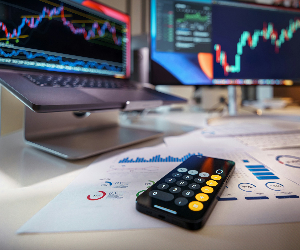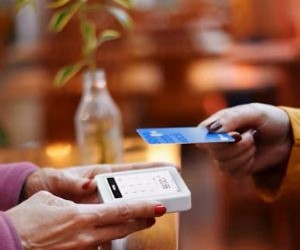THE HISTORY OF THE GERMAN STOCK EXCHANGE
The German Stock Exchange, led by the Frankfurt Stock Exchange (Frankfurter Wertpapierbörse), is one of the most influential financial institutions in Europe. From its beginnings in the 16th century to its current role in the Deutsche Börse Group, it has been synonymous with innovation, efficiency, and global leadership in financial markets. This article analyzes its historical evolution, key products, and future outlook.

Medieval Origins, Industrial Growth, and Modern Consolidation
The history of the Frankfurt Stock Exchange dates back to 1585, when local merchants agreed on uniform rules for currency exchange, laying the foundation for an organized market. In the following centuries, it became a key point for trading bonds, stocks, and precious metals, especially during the German industrialization of the 19th century.
In the 20th century, it survived two world wars, hyperinflation, and political divisions. After German reunification, Frankfurt emerged as the country's undisputed financial center, supported by the euro and the growth of integrated European markets.
Institutionalization and European Regulatory Framework
Supervised by the Federal Financial Supervisory Authority (BaFin) and the European Central Bank, the Exchange operates under strict standards of transparency, investor protection, and operational solvency. The creation of Deutsche Börse Group in the 1990s consolidated a financial infrastructure that includes clearing, settlement, and advanced technological platforms.
1585: Official founding of the exchange market in Frankfurt
1879: Construction of the current historic building
1992: Deutsche Börse Group is born
2000s: Complete digitalization with Xetra
2022: Launch of digital asset services
These milestones position Germany as a central player in the European and global market infrastructure.
Technology, Financial Products, and European Leadership
With the Xetra platform as its flagship electronic system since 1997, the Frankfurt Stock Exchange is known for its speed, accuracy, and international access. More than 90% of German stock trading is now conducted through Xetra, which also supports foreign exchanges.
The exchange offers a full range of products: stocks, bonds, exchange-traded funds (ETFs), derivatives, structured products, and more recently, digital assets and green bonds. Through the DAX benchmark index, it monitors the performance of major German and European companies.
Accessibility and International Expansion
Deutsche Börse has expanded its global presence through strategic acquisitions (such as Clearstream and 360T) and partnerships with markets in Asia and North America. Additionally, it promotes financial education and retail access through platforms like Börse Frankfurt Zertifikate and online services in multiple languages.
1997: Launch of Xetra as a centralized platform
2015: Acquisition of 360T (foreign exchange)
2018: Introduction of ESG products and green bonds
2020: Creation of Deutsche Börse Digital Assets
2023: Fintech partnerships for tokenization
These advancements solidify Germany's exchange as a technological and financial leader committed to transparency and sustainability.
The Future of the German Stock Exchange: Digitalization, Sustainability, and Interoperability
The future of the German Stock Exchange is centered on three pillars: digital assets, sustainable finance, and European interoperability. Initiatives such as D7, a platform for issuing and custody of digital securities, and its push for ESG standards are redefining the role of 21st-century financial markets.
Additionally, Deutsche Börse is developing connections with instant settlement systems, blockchain networks, and regional financial hubs to facilitate safer and more efficient capital flows between continents.
A German Stock Exchange with Global Vision
With nearly 450 years of history, the Frankfurt Stock Exchange combines tradition, German precision, and technological innovation. Its role as Europe's financial engine will only grow in the new era of digital and climate transformation.
2024: Expansion of D7 and issuance of tokenized assets
2025: Integrated European ESG trading platform
2026: Interoperable digital custody with blockchain
2027: Total retail access through financial apps
Future: A green, digital, and global German Stock Exchange
The history of the German Stock Exchange is the story of Europe leading with innovation, integrity, and sustainable economic purpose.







